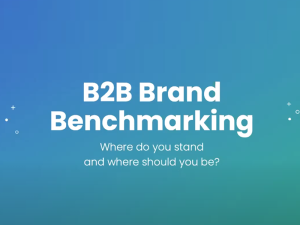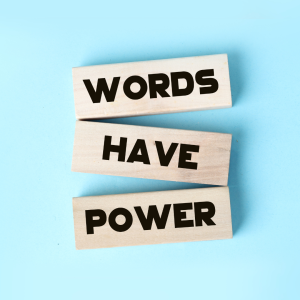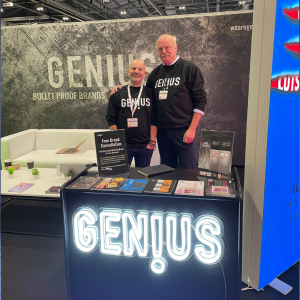There are loads of interesting things falling out of the blockchain revolution and Web3. Like the idea that we’ll eventually be able to go anywhere and do anything from the comfort of our own homes via the metaverse. These kinds of ambitions are easy to relate to and it’s super simple to see the value they’ll attract. They are things I could market with my eyes shut and both hands tied behind my back. But what about NFTs?
For anyone who’s been hiding under a rock for the last year, NFTs are non fungible tokens, original digital things that can be bought and sold. Typically digital art or music, they can also encompass things like articles (not this one though). The problem with the marketing of NFTs is that, unlike buying an original Monet, you can’t take it home and hang it over your fireplace. Sure, you can slap it all over your socials, but so, for the most part, can literally anyone else in the world. And they don’t have to pay a penny to you to do it. All you generally have that’s different to anyone else is the certificate of ownership and authenticity to stick in your digital wallet, where it will likely gather metaphorical dust forever.
So how do I sell this for nearly $600,000, when a quick Google search shows it being reproduced, copied, mimicked and adapted a zillion times?
- Bragging rights. If it’s something you love, being able to say that you own it can be enough for many. If being the official owner (if not creator) of the Nyan Cat gif might be worth it.
- The promise of future value. What many collectors and investors are hoping for is that NFTs will hold and indeed increase their value over time, so they can be sold for even more at a later date. Much like speculation with conventional art, this is by no means guaranteed but it is perfectly possible.
- Repackaging. It’s very possible that NFTs will start to be packaged in with rights over reproduction and revenue shares between artist and owner. When this starts to happen, there’s a more solid commercial argument to the sale.
So, would we take on a client selling NFTs? Absolutely yes. Would it be an easy gig? Probably not, but hey, we like a challenge!










